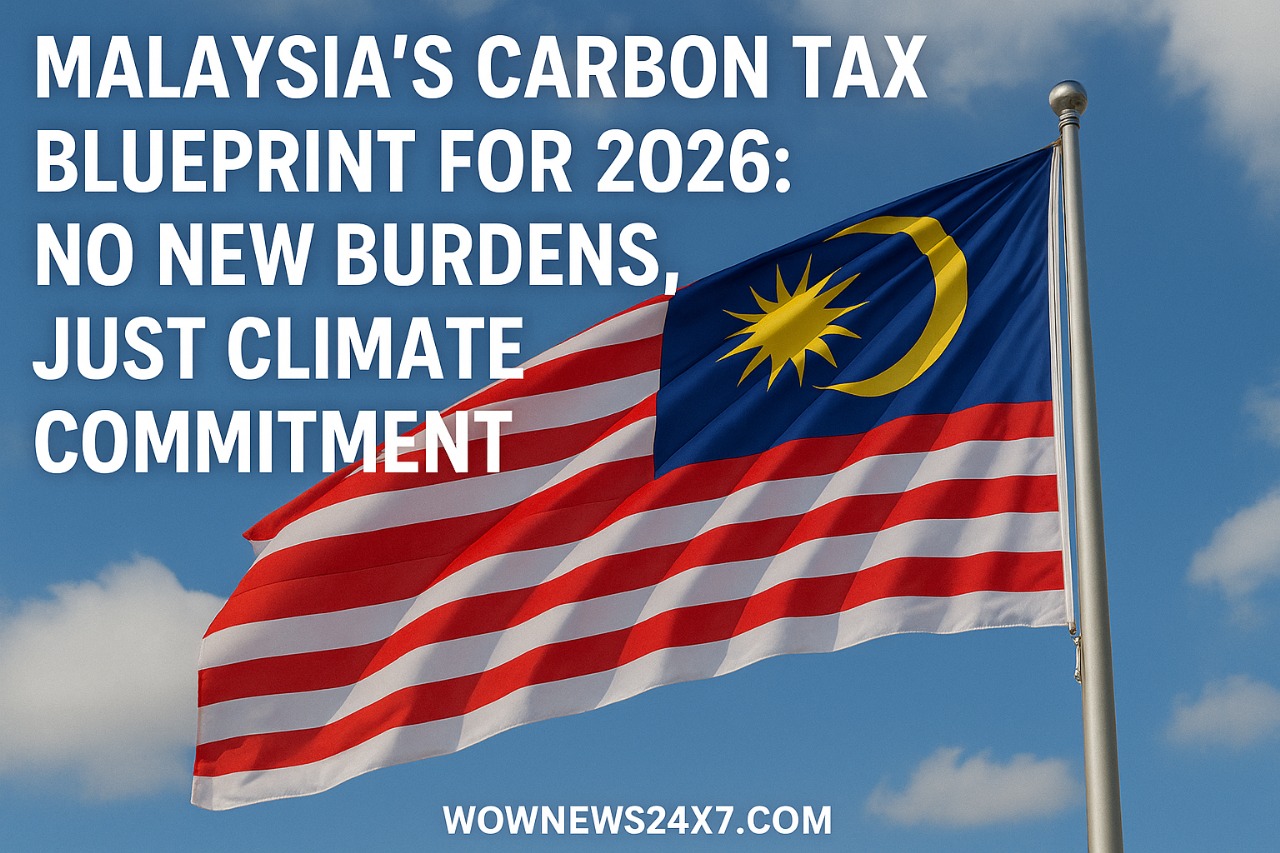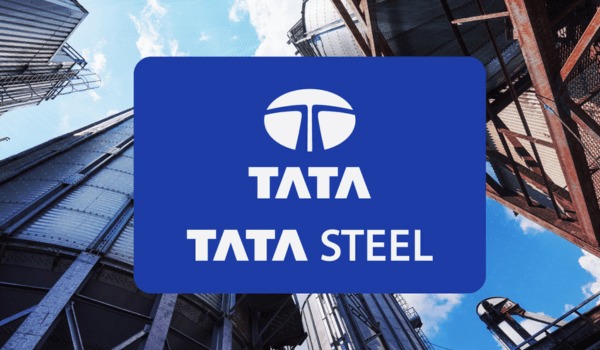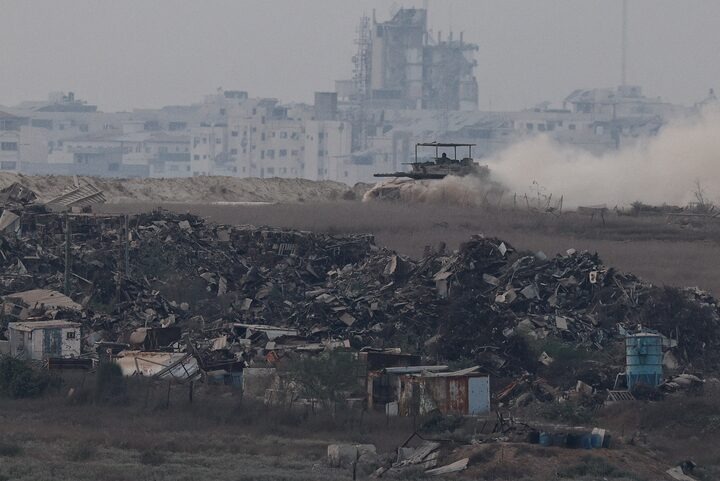Malaysia is set to introduce a carbon tax targeting the iron, steel, and energy sectors by 2026, as part of its broader commitment to decarbonization and alignment with international climate policy. The announcement, made by Prime Minister Anwar Ibrahim, clarifies that there are currently no immediate plans for additional new taxes.
Key Developments
The carbon tax will directly apply to industries with the highest emissions, particularly iron, steel, and energy producers.
Revenue generated is earmarked for green technology research, supporting the nation’s transition to a low-carbon economy.
The move aligns Malaysia with Southeast Asian peers and readies local industries for the European Union’s Carbon Border Adjustment Mechanism, effective in 2026.
Key Considerations
No details are yet provided on the carbon tax calculation method or rate, as these are under final review.
Analysts and industry groups have called for careful implementation to avoid a spike in power tariffs or negative impacts on competitiveness.
The carbon tax is part of a larger suite of climate initiatives, including incentives for green technology and a planned emissions trading scheme.
Conclusion
Malaysia’s decision to launch a carbon tax in 2026 underscores its climate leadership in the region while avoiding the burden of fresh, untargeted levies in the short term. As details are finalized, all eyes will be on the government’s ability to deliver a balanced policy that supports sustainable growth.
Sources: The Edge Malaysia, S&P Global, The Star
Advertisement
Advertisement







